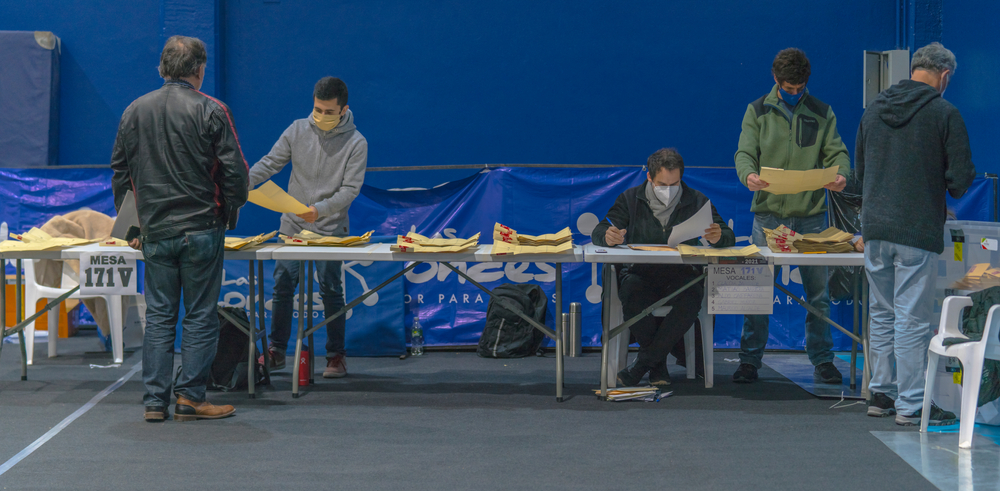The Chilean Constitutional Assembly presented the final draft of a new Constitution for the country today. In two months’ time, voters will head to the polls to approve it or reject it.
The text, composed over months of deliberation, would replace the charter written in 1980, during the dictatorship of Augusto Pinochet.
If approved, it will mark a drastic shift in the country, from a focus on private property rights, a powerful military, macroeconomic stability, and economic growth to greater state intervention in the economy and public provision of services. It will also ensure meaningful advances in the environmental and feminist agendas.
The initiative has been promoted by President Gabriel Boric, who was sworn in on March 11. Mr. Boric built his political career as a left-wing activist who supported the 2019 protests leading up to the creation of the convention. He will inevitably be at the forefront of the campaign for a “yes” vote on the referendum, despite officially staying neutral on the matter.
Mr. Boric was handed the draft today and said that “this project and the September 4 plebiscite is not and should not be a government decision,” but invited the population to “discuss what the project means, and not [engage with] alarmist falsehoods,” in a dig at its right-wing opposition.
Despite the massive scale and popularity of the 2019 protests that led to the creation of the constitutional assembly, polls show that most Chileans oppose the new Constitution, and the image of Mr. Boric and the Constitutional Convention has rapidly deteriorated in the last few months.
Approximately 51 percent of Chileans are currently leaning toward a “no” vote in the referendum, according to Cadem. Only 34 percent say they would vote yes if the vote were today, although the campaign will ramp up this week.


 Search
Search






































